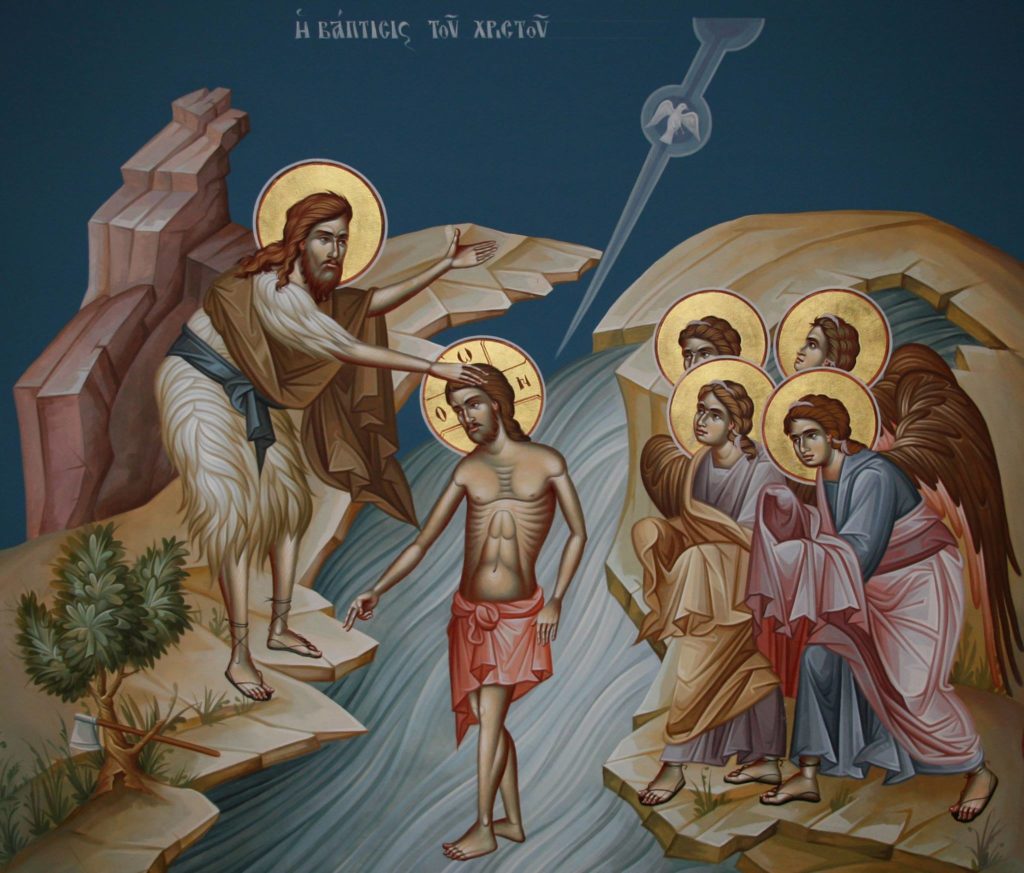
January 5 marks the Eve of Epiphany and it is the final day of the Christmas season, which coincides with 12 days after Christmas. In the Greek Orthodox Calendar, it is a strict fast day as the faithful prepare themselves to participate in the Divine Services of Theophany.
The most important custom for January 5, on the eve of Theophany, is the strict fast, where no oil is permitted, along with no meat, fish, eggs or milk. This fast is partly for the preparation to receive Holy Water from the Service of the Great Blessing of the Waters on January 6, the Feast of Lights.
The eve of Epiphany is also celebrated by children singing kalanta (Christmas carols). Today, children around Greece will sing messages of Jesus’ baptism in the Jordan River throughout their neighbourhoods.
At Greek Orthodox churches worldwide, the service of the Lesser Sanctification of Water (Mikros Agiasmos) takes place and priests also begin blessing homes with Holy Water for a peaceful and healthy year.
Tomorrow, January 6 marks one of the most sacred Greek Orthodox celebrations, Epiphany, a rich tradition that dates back to ancient times. Epiphany, also Theofania or Fota, is a day of joy and brightness, as Christians celebrate the baptism of Jesus Christ by John the Baptist.

